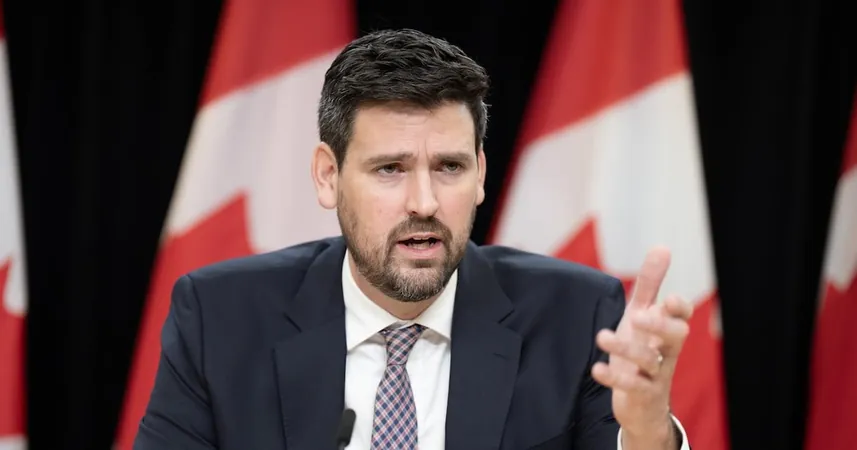
The Urgent Requirement for Bilingualism in Next Liberal Party Leader Amidst Political Uncertainty
2025-01-11
Author: Benjamin
OTTAWA — Current and former officials from the Liberal party are making a strong case for the necessity of bilingualism in the upcoming leadership election, particularly as the party navigates a transitional phase following Prime Minister Justin Trudeau's announcement to step down.
Former housing minister Sean Fraser emphasized the importance of having a leader who can fluently speak both official languages of Canada: French and English. “In my opinion, it’s essential for the leader of the Liberal party to speak both official languages,” he stated. Fraser, committed to personal improvement, is currently taking French courses to enhance his language skills.
While not dismissing the potential of unilingual candidates, Manitoba MP Kevin Lamoureux noted that he personally could not endorse anyone who does not speak both languages. "It would be very uncomfortable if a Liberal party elected someone that was not bilingual," he remarked.
With a leadership announcement set for March 9, candidates have a tight two-week window to announce their intentions. The new leader will face significant challenges in an upcoming federal election and must contend with opponents like Conservative leader Pierre Poilievre and NDP leader Jagmeet Singh, both of whom are fluent in French, alongside Bloc Québécois leader Yves François Blanchet in Quebec.
Notable figures considering a run include former Montreal MP Frank Baylis, Nepean, Ont., MP Chandra Arya, and possibly high-profile candidates like former B.C. premier Christy Clark and ex-Bank of Canada governor Mark Carney. Clark, who is actively working on her French, acknowledged its importance, stating, "The leader of the Liberal party absolutely must be bilingual.”
However, Arya has sparked controversy by suggesting that bilingualism might not be as critical, arguing that Quebecers prioritize government effectiveness over language proficiency. His claim met swift rebuke from Quebec officials, reinforcing the sentiment that bilingualism is not just a preference but a matter of respect and political viability. "The leader will absolutely have to be bilingual," insisted Quebec lieutenant Jean-Yves Duclos on social media.
The consensus among elected officials and strategists is clear: fluency in both official languages is crucial not only for political success but also for unifying the party and its supporters across the country. “Bilingualism means appreciating the French fact in Canada, appreciating Quebec as a whole and all communities in the country,” commented MP Steven MacKinnon, indicating the stakes for the Liberal party's future.
Ex-Liberal strategist Sandra Aubé underscored the non-negotiable nature of this requirement, warning that a unilingual candidate would face considerable challenges, particularly in Quebec, directly impacting the party's success in elections. Her sentiments were echoed by others in the party, highlighting the traditional alternation of leadership between Quebec and the rest of Canada, a practice that reflects the province's significance to the Liberal Party's fortunes.
The debate intensifies amidst ongoing discussions about the Liberal Party's direction and its ability to connect with diverse constituencies. Whether in support of or against Arya's views, the call for a bilingual leader resonates strongly, reinforcing the notion that Canada’s linguistic duality is not just a policy but a foundational principle central to governance and representation.
As the leadership race unfolds, one thing remains clear: the future of the Liberal Party may heavily depend on its next leader’s ability to bridge linguistic divides and unify the nation in this time of political uncertainty.

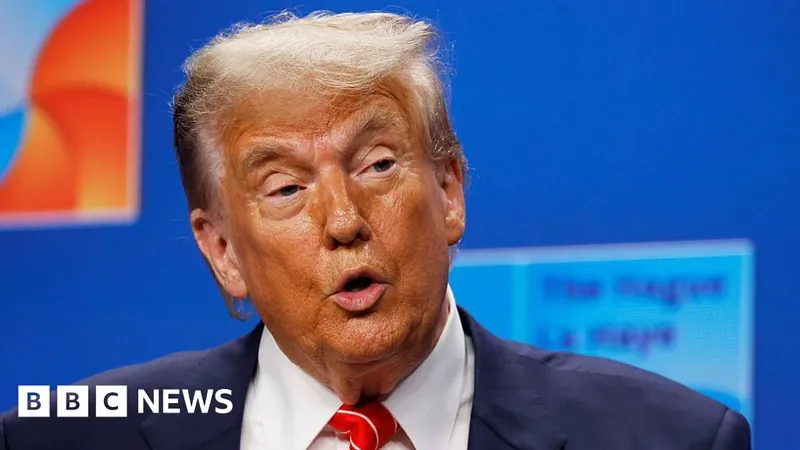
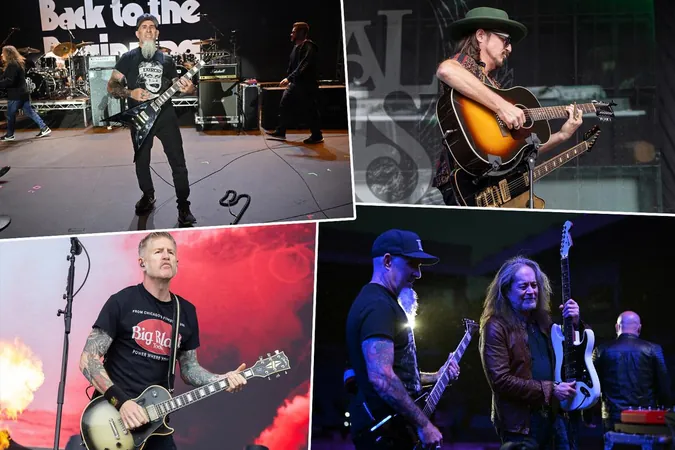


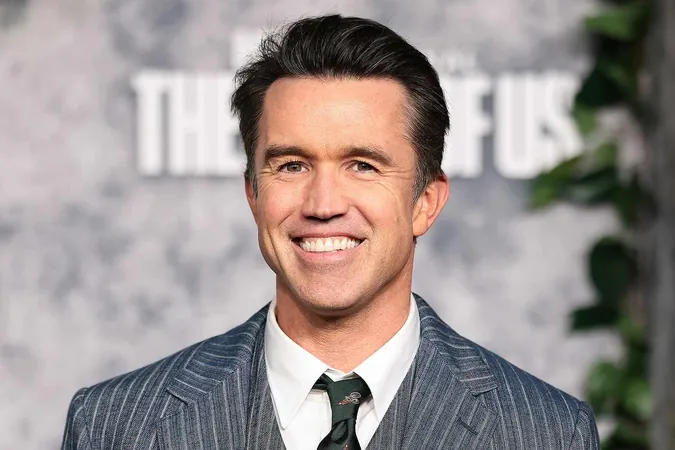


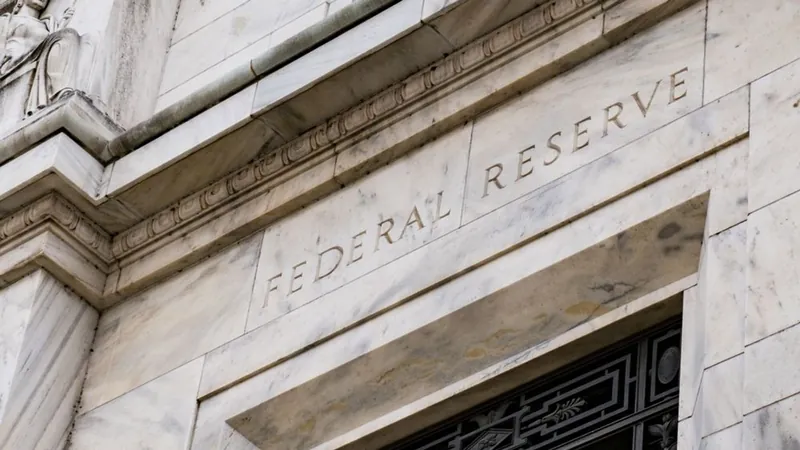
 Brasil (PT)
Brasil (PT)
 Canada (EN)
Canada (EN)
 Chile (ES)
Chile (ES)
 Česko (CS)
Česko (CS)
 대한민국 (KO)
대한민국 (KO)
 España (ES)
España (ES)
 France (FR)
France (FR)
 Hong Kong (EN)
Hong Kong (EN)
 Italia (IT)
Italia (IT)
 日本 (JA)
日本 (JA)
 Magyarország (HU)
Magyarország (HU)
 Norge (NO)
Norge (NO)
 Polska (PL)
Polska (PL)
 Schweiz (DE)
Schweiz (DE)
 Singapore (EN)
Singapore (EN)
 Sverige (SV)
Sverige (SV)
 Suomi (FI)
Suomi (FI)
 Türkiye (TR)
Türkiye (TR)
 الإمارات العربية المتحدة (AR)
الإمارات العربية المتحدة (AR)